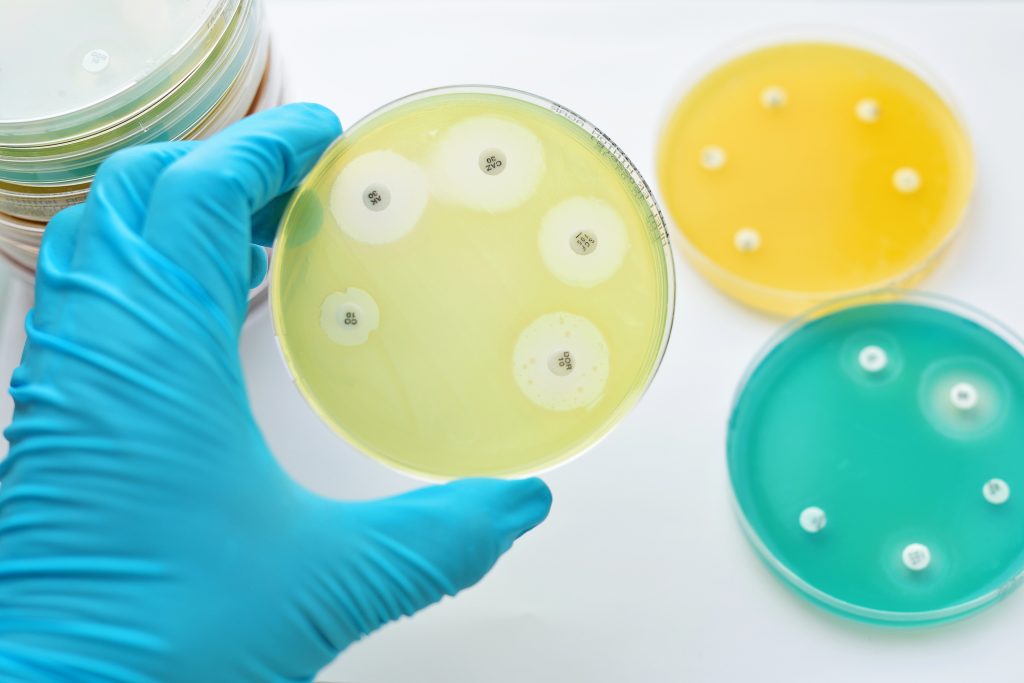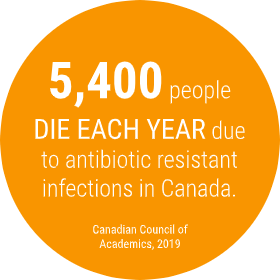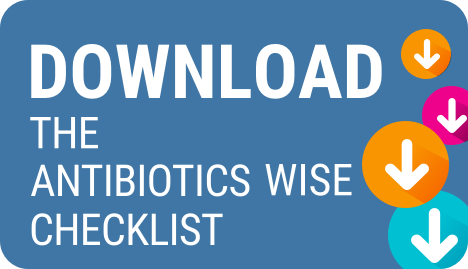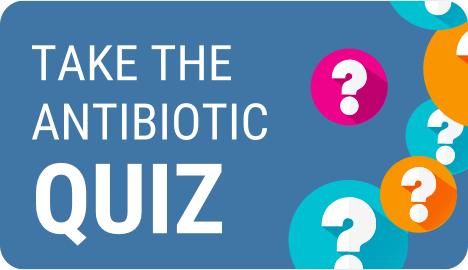What Is Antibiotic Resistance?

Antibiotics are medicines that can quickly help to heal some types of infection caused by bacteria, but when they’re used too much or not used the right way, they may not work anymore. This is called “antibiotic resistance” – when the bacteria that is causing you to feel sick, no longer responds to the antibiotic and you continue to feel sick. Antibiotic resistance is a natural way bacteria survive and multiply, even when an antibiotic is present.


What Is Antibiotic Resistance? Antibiotic Resistance is A World Health Issue
Antibiotic resistance makes it hard for health-care providers to help their patients. They can try different kinds of antibiotics, and some may work, but others may not. An infection that should be really easy to treat may not be able to be cured, and may mean that you become even more sick. Bacteria that are not able to be treated with an antibiotic are sometimes called “superbugs.” Superbugs can kill, and can travel quickly between patients, because of dirty hands or equipment.
Antibiotic resistance is a danger to all of us. A simple infection can get worse, or a trip to the hospital can turn from days into weeks. The bacteria are antibiotic resistant – NOT YOU! So even very healthy people who have never taken antibiotics can become infected with antibiotic resistant bacteria.
What Is Antibiotic Resistance and What Can You Do?
- Do not expect to get antibiotics when you or your child has a cold or cough. Most of these infections are caused by viruses and antibiotics will not help.
- Discuss with your health-care provider whether your infection is viral or bacterial and whether an antibiotic is needed.
- Be patient when you (or your child) have cold symptoms, cough, or sore throat. Most viral illnesses will take 4-5 days before getting better and up to 3 weeks for a full recovery.
- During cold or flu season, wash your hands frequently to avoid getting sick.





